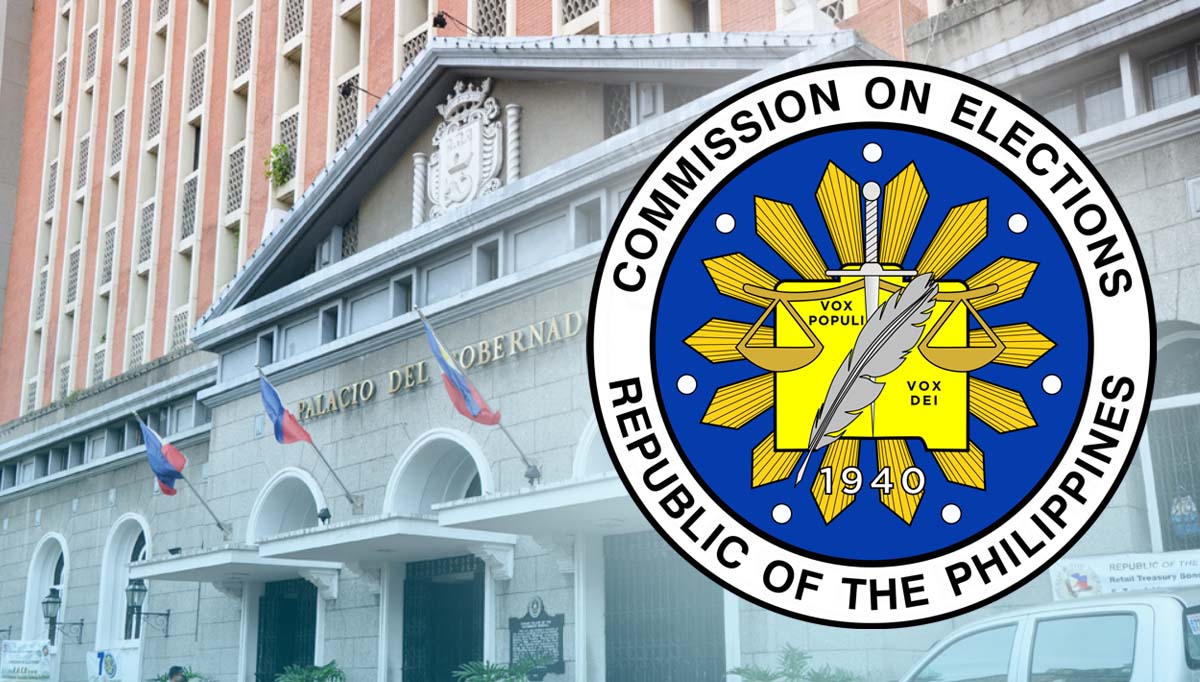
Inquirer files
MANILA, Philippines — The Commission on Elections (Comelec) has issued a new set of rules and regulations implementing Republic Act No. 9006, or the Fair Election Act of 2001, to enhance the holding of free, orderly, honest, peaceful and credible midterm polls next year.
Comelec Resolution No. 11086, issued on Dec. 9 but released to the media on Wednesday, contains more or less the same provisions concerning fair election practices in Resolution No. 10730, which was promulgated for the 2022 elections.
It, however, introduces new items on political campaigns.
READ: Candidates’ online campaign platforms due by Dec. 13
Candidates and political parties will now have at least 72 hours before the campaign period starts to remove all prohibited forms of propaganda, including names, images, logos, brands, insignias, initials and other forms of graphical representations on all public structures and in all public places.
The campaign period for senatorial and party-list candidates starts on Feb. 11, 2025, and on March 28 for congressional, provincial, city and municipal hopefuls, including those running for the Bangsamoro Parliament.
Rules on LED
The new resolution also regulates the duration and location of campaign propaganda displayed on outdoor static and light-emitting diode (LED) billboards.
Candidates running for national positions shall not have more than two months of outdoor advertisement in a certain static or LED billboard whether by purchase or donation. Candidates or parties are not allowed to have billboard advertisements within a radius of 1 kilometer from each other.
For local candidates, the duration of billboard advertisement is limited to one month while the radius limit is 500 meters.
Political parties and candidates are also now required to indicate in their printed campaign materials the declaration: “This material should be recycled or disposed of responsibly.” They must also comply with local government legislation governing plastic and other similar materials.
Added media protection
The new resolution also provides additional protection to newsmen covering the elections. Section 13 states that any person who commits violence against any member of the news media, such as torture, physical harm, arbitrary detention, enforced disappearance, intimidation, harassment, threat and other analogous forms of violence, shall be additionally liable for election offense.
The Omnibus Election Code defines an election offense as a crime punishable by up to six years in jail, perpetual disqualification from holding elective or appointive public office, and deprivation of the right to vote.